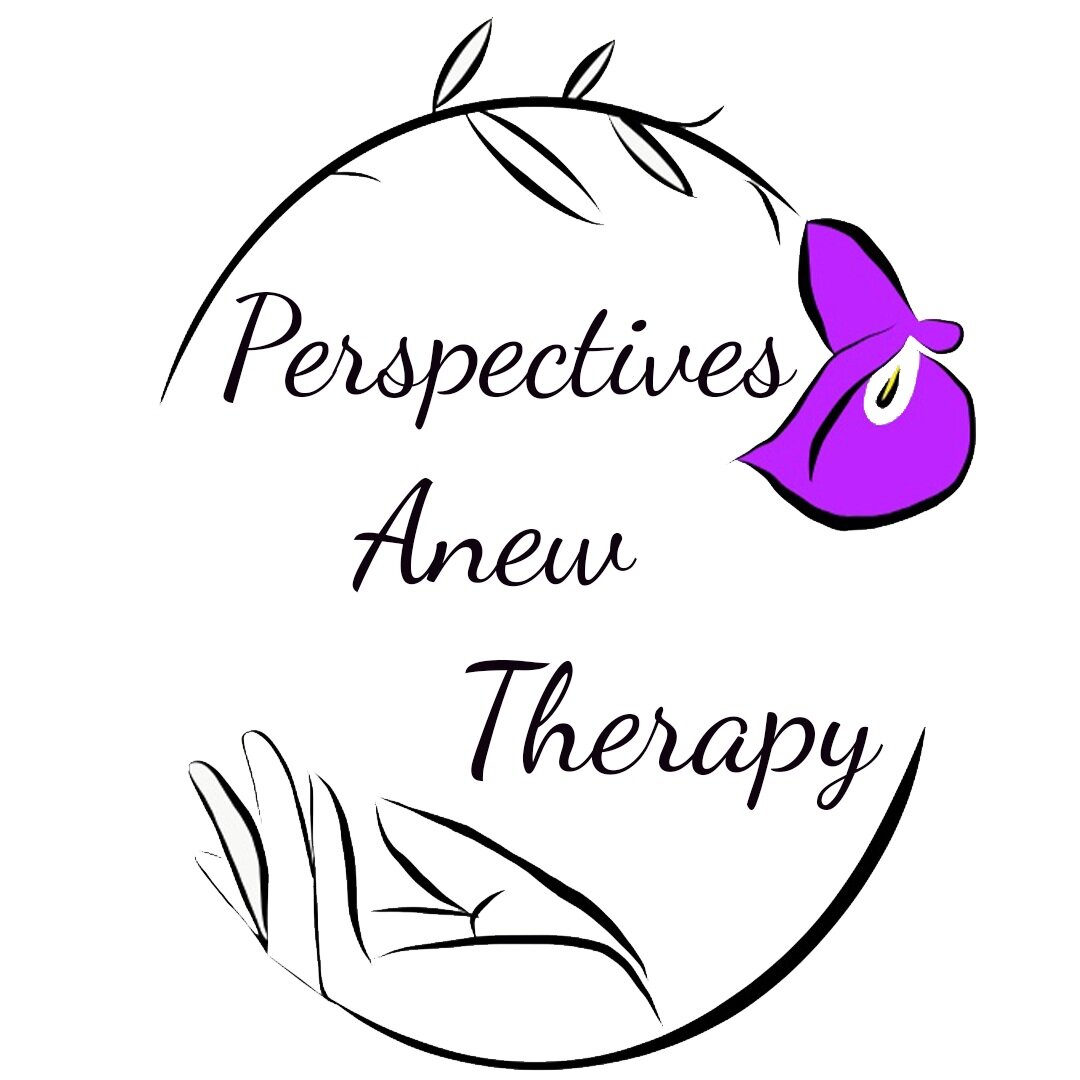World Autism Awareness Day
Today, April 2, 2024, is dedicated to promoting the realization of human rights for all and fundamental freedoms for people diagnosed with Autism Spectrum Disorder. Autism Spectrum Disorder, or ASD, is a neurological and developmental disorder that impacts how a person interacts and communicates with others, learns, and behaves. A person can be diagnosed at any age, however symptoms typically appear during the first two years of life. ASD is referred to as a “spectrum” due to a variation of symptoms people may experience.
ASD is not limited to one gender, race, ethnicity, or socioeconomic status. Treatment and services for ASD aid in improving a person’s symptoms and daily functioning to enhance their overall wellbeing. It is recommended by the American Academy of Pediatrics that all children should be screened for autism. Symptoms of ASD include but are not limited to making little to no eye contact, infrequently sharing interest, emotion, or enjoyment of objects or activities, slow or no response to your name being called, difficulties during conversations, and difficulties seeing from another person’s point of view. Restrictive and repetitive behaviors that are symptoms of autism include echolalia, or repetition of words or phrases, intense interest in specific topics, being upset when slight changes in routine occur, and being more or less sensitive to sensory input.
ASD is a lifelong diagnosis and as mentioned above treatment and services are used to increase a person’s overall well being. Treatment options for ASD include medication to help with irritability, aggression, repetitive behaviors, hyperactivity, attention problems, anxiety, and depression. Additionally, there are behavioral, psychological, educational, and skill-building interventions that are highly structured that may include participation from caregivers, siblings, or other family members. Through these interventions, people with ASD are taught social, communication, and language skills, how to reduce behaviors inhibiting daily functioning, increase strengths, and learn life skills for independent living.
Source: United Nations, National Institute of Mental Health
